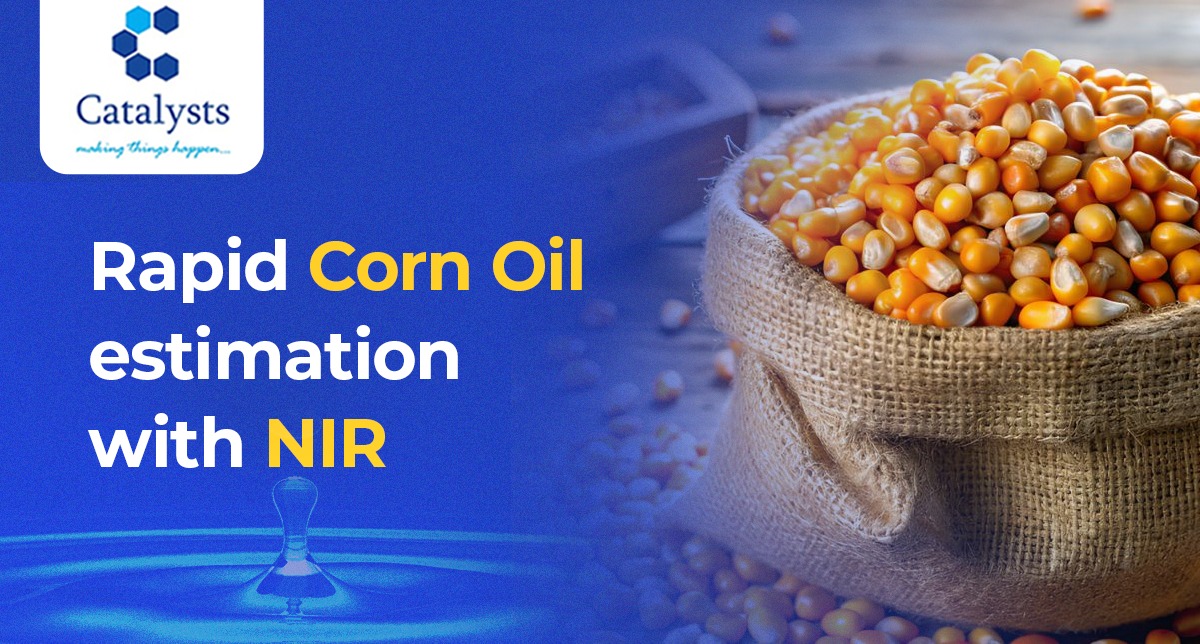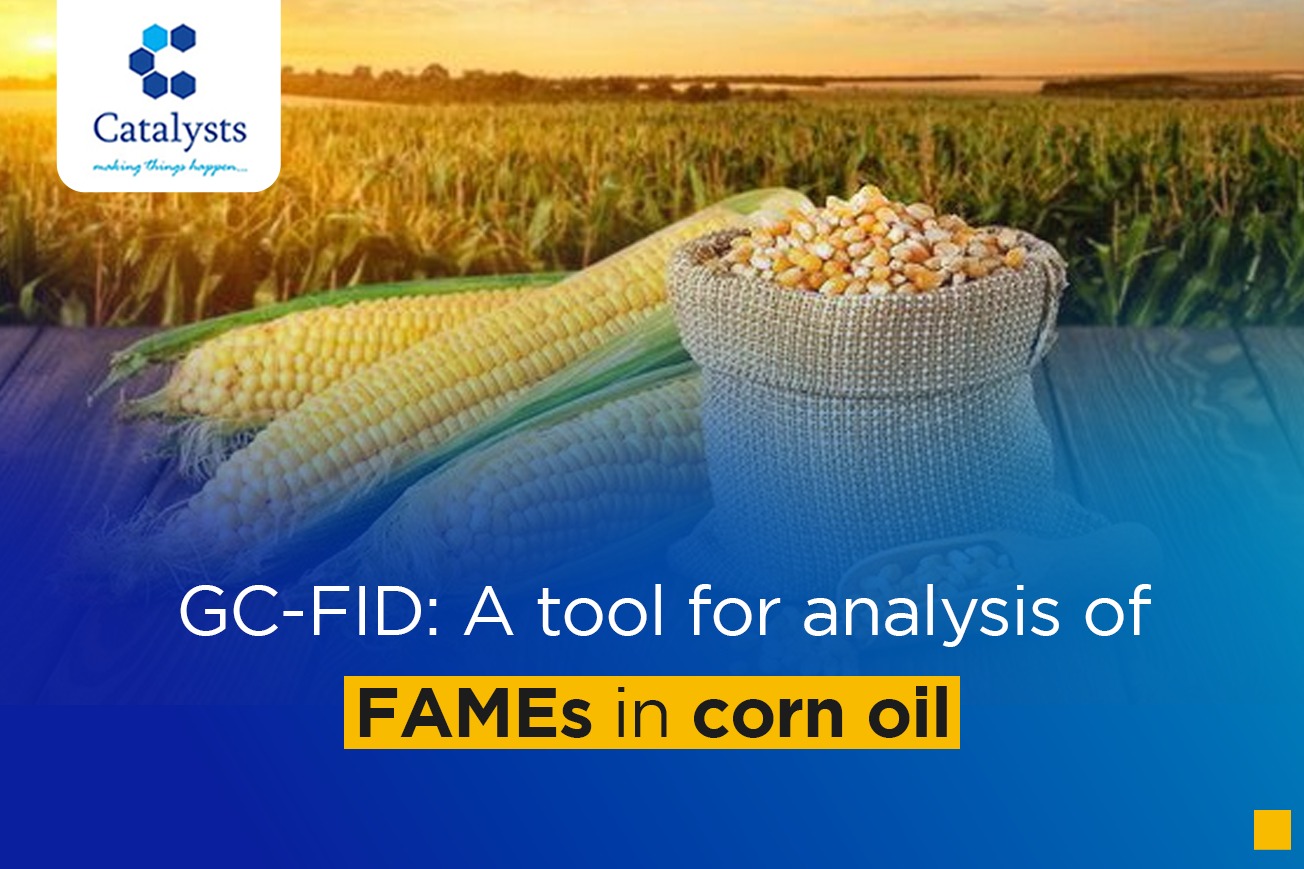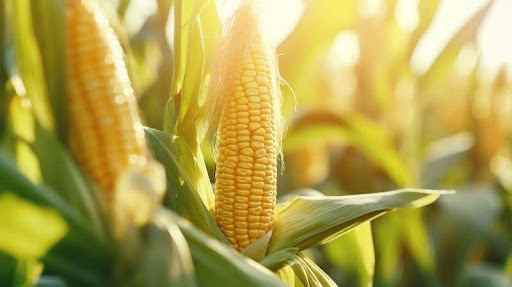
Sugar processing serves as the backbone of various food and beverage products, with refined sugar being a staple in our daily lives. Transforming raw materials like sugar cane or sugar beets into the refined sugar we consume involves intricate steps and meticulous attention to efficiency and quality. In recent years, enzyme has emerged as significant innovations in sugar processing, promising to elevate both efficiency and quality outcomes.
Unveiling the Basics of Sugar Processing
The Intricacies of Sugar Production
Sugar production entails a multifaceted system, meticulously refining raw sugar cane or sugar beets into the refined sugar essential for daily consumption. Following sugar juice extraction from raw materials, a rigorous purification process ensues to eliminate impurities and contaminants. This purification phase ensures the final product meets stringent quality standards.
Embracing Efficiency and Quality
Efficiency and quality stand paramount in sugar processing. Enhanced efficiency ensures optimal resource utilization, maximum yield, and cost-effectiveness. By minimizing waste and streamlining operations, sugar manufacturers can bolster productivity and competitiveness. Additionally, maintaining a delicate equilibrium between efficiency and quality is imperative to meet evolving consumer demands and uphold industry reputation.
Decoding the Science Behind Enzyme
Unravelling Enzymatic Wonders
Enzymes, biological catalysts, expedite chemical reactions by lowering activation energy requirements. These specialized proteins, intrinsic to various living organisms, play pivotal roles across biochemical pathways. Within sugar processing, enzyme hold promises due to their capacity to enhance specific reactions under distinct conditions.
Enzymatic Mechanics
Enzymes facilitate reactions by binding to specific substrates, thereby lowering activation energy and expediting reaction rates. Their unique three-dimensional structures provide active sites for precise and efficient catalysis. Moreover, enzyme specificity ensures precise biochemical pathway regulation, essential for maintaining cellular functions.
Enzymes in the Sugar Industry
Pioneering Enzyme Applications
Enzyme find diverse applications in the sugar industry, particularly in breaking down non-sugar components present in sugar juice. This enzymatic breakdown streamlines impurity separation, accelerating the refining process and enhancing efficiency and sustainability.
Diverse Enzymatic Arsenal
Various enzymes serve distinct purposes in sugar processing. For instance, amylases break down starch, while pectinases degrade pectin, a complex carbohydrate. Tailored enzyme selection for different processing stages optimizes operations, ensuring sustainable and cost-effective sugar production.
Harnessing Enzymes for Efficiency and Quality
Turbocharging Efficiency
Enzyme integration augment reaction rates, reducing processing time and enhancing throughput. This efficiency boost maximizes resource utilization, minimizes waste, and fortifies sustainability. Moreover, enzyme-enabled breakdown of raw materials extracts maximum value, fostering resource efficiency.
Elevating Sugar Quality
Enzymes play pivotal roles in purifying sugar juice, removing impurities, and enhancing product purity. Additionally, they refine sensory attributes, such as taste and clarity, ensuring a superior product for consumers. Furthermore, enzyme-driven stability enhancement prolongs product shelf life, curbing food waste and bolstering sustainability.
Pioneering Perspectives: Enzyme and Sugar Processing
Innovations in Enzyme Technology
Ongoing research explores novel enzyme variants and optimization strategies to address sugar industry challenges. Advances in enzyme engineering including enzyme immobilization and genetic modification, hold promise for refining efficiency and quality outcomes.
Envisioning the Future of Sugar Industry
Enzyme adoption is poised to revolutionize sugar processing, driving productivity, sustainability, and consumer satisfaction. Additionally, enzyme technology extends beyond production, offering solutions for waste management and byproduct utilization, further advancing industry sustainability.
>Conclusion
Enzymes emerge as formidable allies in sugar processing, offering avenues to enhance efficiency and quality outcomes. Their catalytic prowess and targeted actions streamline impurity separation, elevate product purity, and fortify sustainability. As research endeavours propel enzyme technology forward, the sugar industry stands poised for transformation, guided by innovation and sustainability imperatives.
Recent Posts

Rapid Corn Oil Estimation with Near-Infrared Spectroscopy: An Effective Analytical Technique with Ne
Explore the effectiveness of near-infrared spectroscopy in rapidly estimating corn oil, providing new perspectives and enhancing analytical techniques in agriculture.

GC-FID: A tool for analysis of FAMEs in corn oil
Explore GC-FID, the essential tool for accurate FAME analysis in corn oil. Unlock detailed insights and improve your research outcomes today.

The Role of Enzymes in Maize-to-Ethanol Fermentation
With the rising demand for renewable energy sources and sustainable fuel alternatives, ethanol production has gained significant momentum worldwide. Ethanol, also known as bioethanol, is a biofuel commonly used as a renewable alternative to fossil fuels. One of the most popular feedstocks for ethanol production is maize (corn), primarily due to its high starch content, wide availability, and suitability for large-scale production.
Catalysts Connect
Keep up to date with our latest news and analysis by subscribing to our regular magazine and newsletter

Post a comment
Your email address will not be published.